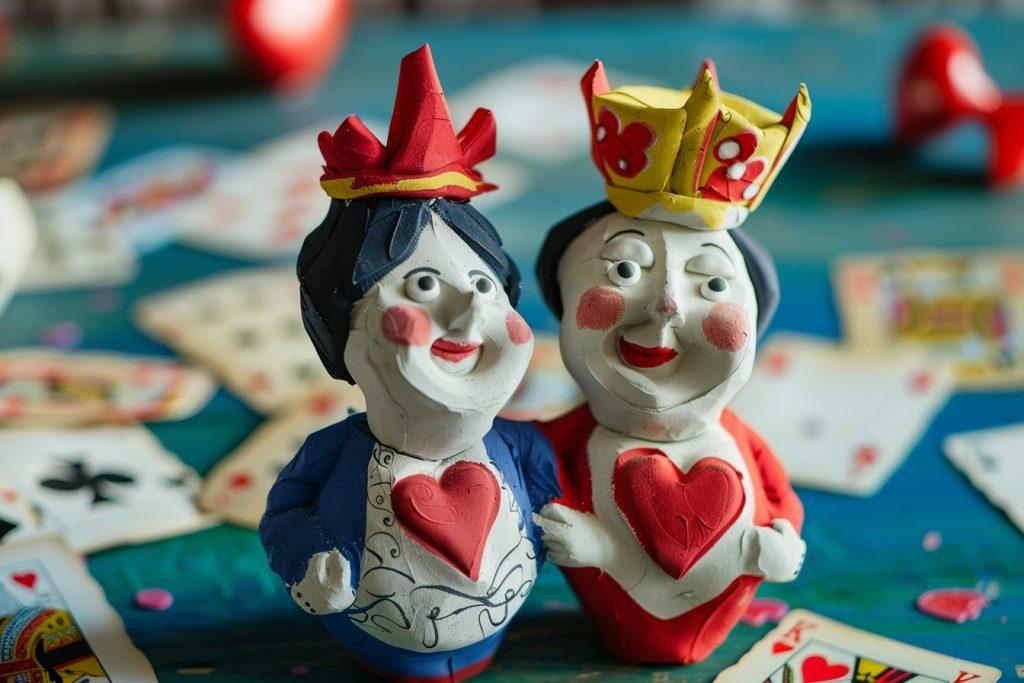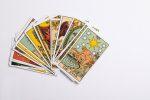Why People Love to Play Card Games
The Psychology Behind Card Games
Card games are, by no means, a new phenomenon – in fact, they’ve been a beloved pastime for centuries, captivating players with their blend of luck, strategy and social interaction. Of course, some games are more difficult than others, meaning that there’s a game for players of all skill levels.
From a cosy family night at home to high-stakes poker tournaments, the allure of card games is both universal and enduring – it transcends geographical, language and cultural boundaries.
This is, undoubtedly, an incredible feat. So, what is it about card games – these seemingly simple pieces of paper – that keep us not only entertained but constantly coming back for more?
Let’s look at the psychology behind card games and uncover why we love to play them, starting off with a brief explanation of where card games come from.
Historical and Cultural Significance of Card Games
Card games have a rich cultural and historical significance which adds to their appeal. Indeed, different cultures around the world have their own traditional card games, each with their own unique rules and styles of play. This diversity makes card games a fascinating way to explore and appreciate different cultures.
Historically, card games have long been a popular pastime for people of all ages and backgrounds. From the courts of medieval Europe to the saloons of the Wild West, card games have been a source of entertainment, socialisation and in some cases, even livelihood.
The historical depth of cards and card games adds an extra layer of intrigue and nostalgia to the experience of playing cards, connecting players to age-old histories and traditions.
Skill Development & Mental Stimulation
Whether we’re conscious of it or not, card games are not only fun but mentally stimulating too. They require players to engage in a variety of cognitive processes, including attention, problem-solving and memory. Games like solitaire, bridge and poker challenge players to think critically, plan ahead and adapt to changing circumstances, all of which are valuable skills to have.
For instance, in a game of poker, players need to constantly assess probabilities, make strategic decisions and read their opponents. This equates to a mental workout of sorts, helping to keep the brain sharp and improve cognitive function over time. Also, the skills players develop while playing card games – things like concentration, strategic thinking and patience – are transferable to other areas of life, making these games both fun and beneficial too.
The Thrill of Uncertainty
Whether players acknowledge it or not, one of the most compelling aspects of card games is the inherent uncertainty. Unlike board games where the outcome can often be predicted based on nothing more than skill, card games introduce an element of chance. This randomness creates a thrilling experience, keeping players on the edge of their seats, so to speak.
It’s all about the anticipation of the next draw or the suspense of not knowing your opponent’s hand. This excitement is a powerful motivator, providing a sense of adventure and unpredictability that many people find hard to stay away from.
Indeed, the balance between skill and luck ensures that no two games are ever the same, offering a fresh and engaging experience every time you play.
Bonding and Social Interaction
Whether it’s your primary goal or not, card games have the unique ability to bring people together. From casual games with friends to competitive tournaments, playing cards fosters social interaction and bonding. The shared experience of playing a game creates opportunities for communication, friendly competition and teamwork.
In today’s digital age, the social aspect of card games is particularly important, especially since face-to-face interactions can be limited. Sitting around a table, engaging in conversation and sharing laughs over a game of cards can be just what you need to strengthen relationships and build lasting memories. A simple game has the potential to provide you with a sense of connection and community that are two fundamental human needs.
Learning and Improving
Another reason many people love card games is that it provides the opportunity to learn and master new skills. Each card game has its own set of rules and strategies, offering endless opportunities for learning and growth. Whether you’re a novice learning the basics of rummy or an experienced player honing your poker skills, the process of improving can be deeply satisfying – best of all, it’s a never-ending process, so you can always get better.
The sense of accomplishment that comes from winning a game or successfully executing a complex strategy can provide a significant self-esteem boost. This feeling is a powerful motivator, encouraging players to continue learning with the hope of improving. The more you play, the better you’ll get and the greater satisfaction you’ll derive from the game – it’s a win-win.
Escapism and Relaxation
Card games like blackjack and baccarat available at online casinos like Jumba Bet offer you a sense of relaxation and escapism, allowing you a break from the stresses and responsibilities of everyday life. Engaging in a game allows players to immerse themselves in a different world, focusing on the cards and strategy of gameplay rather than your worries. This metal shift can be incredibly refreshing and relaxing for people who struggle to step away from the stress of daily life.
From the rhythmic shuffling of the deck to the familiar feeling of having a hand of cards in your grasp, the simple pleasure of playing a card game can have a calming effect on you. This kind of relaxation is essential for mental well-being, making card games a valuable tool for managing stress and promoting a sense of balance.
Creativity and Imagination
It may not be the first thing that comes to mind, but card games actually tap into our creativity and imagination. Many games require players to think outside the box, coming up with strategies and adapting to changing situations. This creative thinking can be incredibly rewarding and enjoyable, providing a sense of freedom and exploration.
Also, sometimes decks of cards boast interesting designs and artwork, adding a visual appeal to the game. Collecting unique and beautifully designed decks can become a hobby in itself, combining gameplay with a unique form of artistry.
Convenience!
It’s amazing that such a small pocket-sized deck of cards can provide hours of entertainment! Whether you’re playing alone (solitaire), with just one other special friend (honeymoon whist), with three other friends in challenging game of bridge, or with a roomful of friends (hearts anyone?) this one little box of fun is always ready to play!





